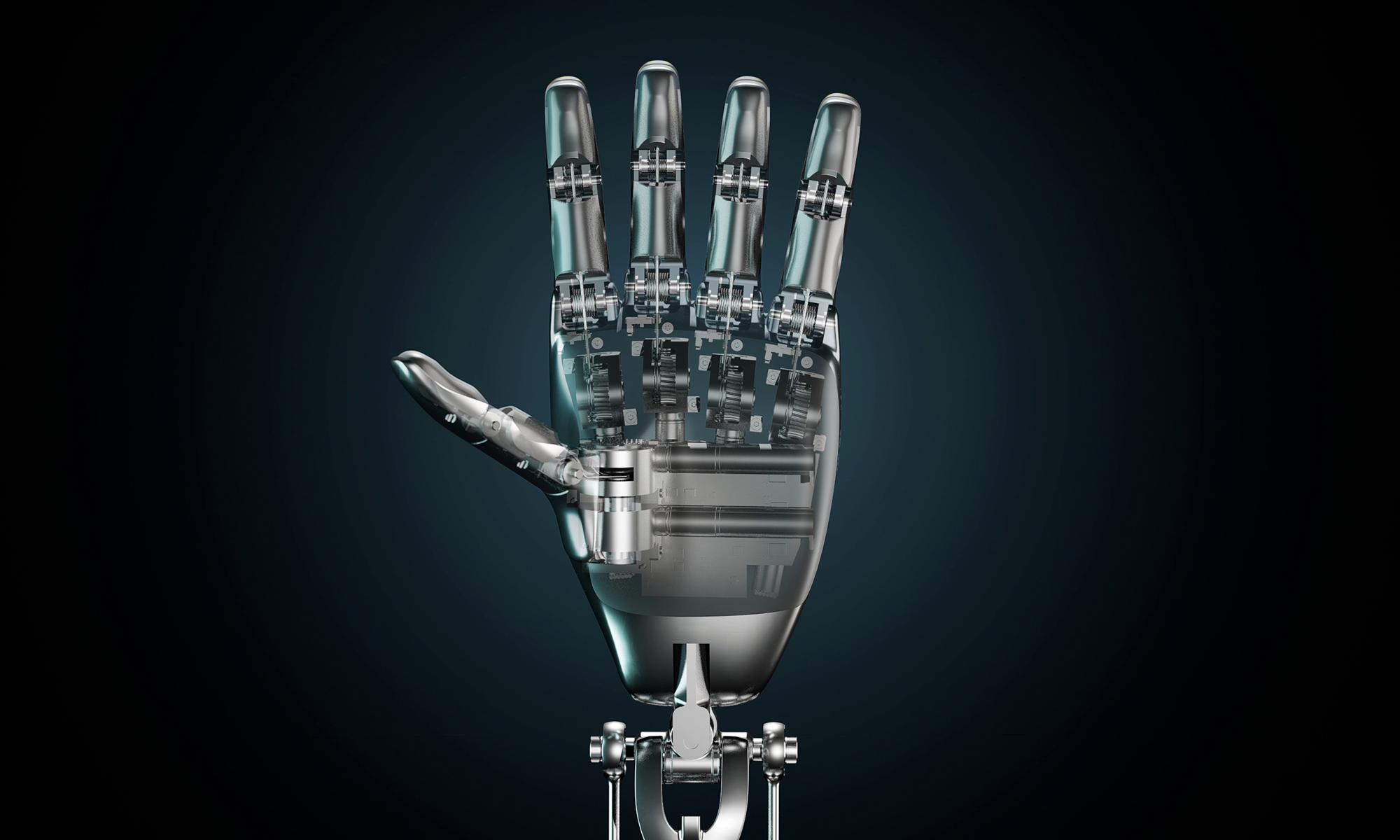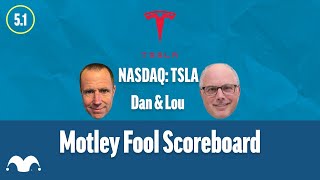There's nothing complicated about Tesla's (TSLA +3.47%) push for a direct sales model -- a model that is completely acceptable in many industries but frowned upon in the antiquated auto industry. But despite the incredibly simple logic behind Tesla's request to sell vehicles directly, there are still a number of protesting parties in quite a few states.
For instance, Tesla currently operates with a gallery-only model in Texas, Arizona, Maryland, and Virginia. Current laws in these states prevent Tesla from taking orders, discussing price, or giving test drives (except in Maryland, where Tesla can give test drives).
The New Jersey Motor Vehicle Commission, or NJMVC, with the sudden and unexpected help of New Jersey Gov. Chris Christie, is the latest to attempt to block Tesla's direct sales model.

Christie's sudden change of heart
This morning, Tesla published a blog post highlighting Christie's sudden and unexplained decision to go "back on its word to delay a proposed anti-Tesla regulation" that would eliminate Tesla's authority to sell cars directly, without an arrangement with franchise operations, or "dealers." Previously, Gov. Christie was going to allow Tesla's defense against opposition to its business model to be handled through a fair process in the legislature.
Tesla isn't happy with Christie's sudden change of heart:
The Administration has decided to go outside the legislative process by expediting a rule proposal that would completely change the law in New Jersey. This new rule, if adopted, would curtail Tesla's sales operations and jeopardize our existing retail licenses in the state. Having previously issued two dealer licenses to Tesla, this regulation would be a complete reversal to the long standing position of NJMVC on Tesla's stores. Indeed, the Administration and the NJMVC are thwarting the Legislature and going beyond their authority to implement the state's laws at the behest of a special interest group looking to protect its monopoly at the expense of New Jersey consumers. This is an affront to the very concept of a free market.
Tesla's vice president of business development, Diarmuid O'Connell, has also provided this statement to The Motley Fool:
The statute in New Jersey plainly allows Tesla to be licensed to sell cars there. Indeed, the Motor Vehicle Commission has licensed Tesla under that statute ever since October 2012, and any suggestion that Tesla was told "since the beginning" about any problem with its ability to be licensed there is false. The only thing that has changed is the Christie Administration's sudden decision to go around the Legislature in an attempt to enact a rule that the statute doesn't permit. Worse, it has done so without any reasonable notice or even a public hearing.
The simple argument
Tesla's argument for direct sales can be boiled down to something even simpler than the ideal of a free market, however. When it comes to selling an electric car (particularly a Tesla-branded one), consumers require more than specification details -- they often need an entire education on electric vehicles.
Tesla explains further in its blog post: "This model is not just a matter of selling more cars and providing optimum consumer choice for Americans, but it is also about educating consumers about the benefits of going electric, which is central to our mission to accelerate the shift to sustainable transportation, a new paradigm in automotive technology."

Model S. Source: Tesla's official Facebook page.
Spend 10 or 20 minutes in a Tesla store and you'll likely be able to attest to the truth of this argument for Tesla's push for a direct sales model; many visitors to the store have a long list of unusual questions. Further, with the stores often located in high-traffic areas like malls, Tesla takes the opportunity to educate consumers who aren't interested in buying, too. In doing so, Tesla is slowly but surely educating a very large audience -- an effort that may pay off down the road as Tesla introduces lower-cost vehicles.
The opposing argument is simple, too -- although consumers are not at its center. Dealers argue that Tesla's direct sales model could be adopted by other manufacturers, ending a century (talk about antiquated) of franchise car sales. This could threaten both business investments and those made my private businesspeople.
As an American, however, I'd say that competition usually provides greater benefits to consumers and healthier economics over the long haul. I'd guess many other consumers would agree. To me, it's clear which view is capitalistic.
The fact that these two views are being discussed about this matter, in and of itself, is a sign of a liberated market, but a fair legislative process for Tesla's push for a direct sales model should at least be granted.
Should Tesla investors worry about opposing parties like the NJMVC? Developments opposing Tesla's direct sales model are at least worth keeping an eye on. But usually (and rightfully so) consumers win in the long haul.






